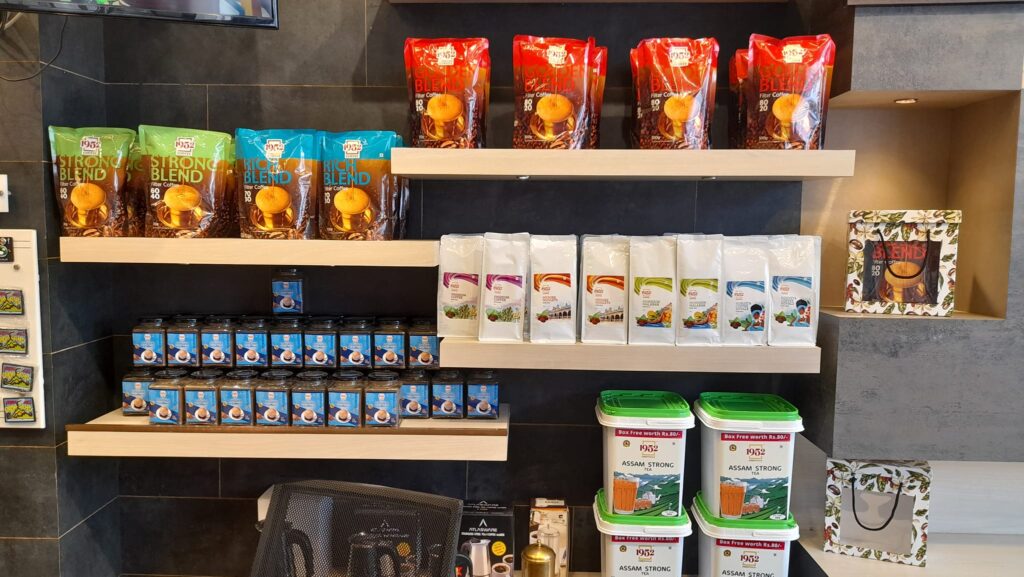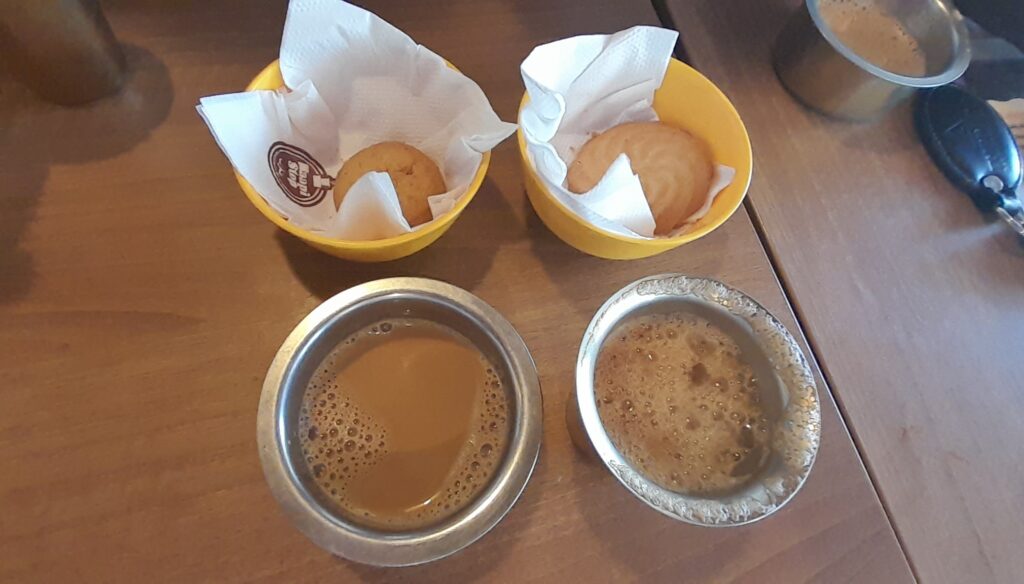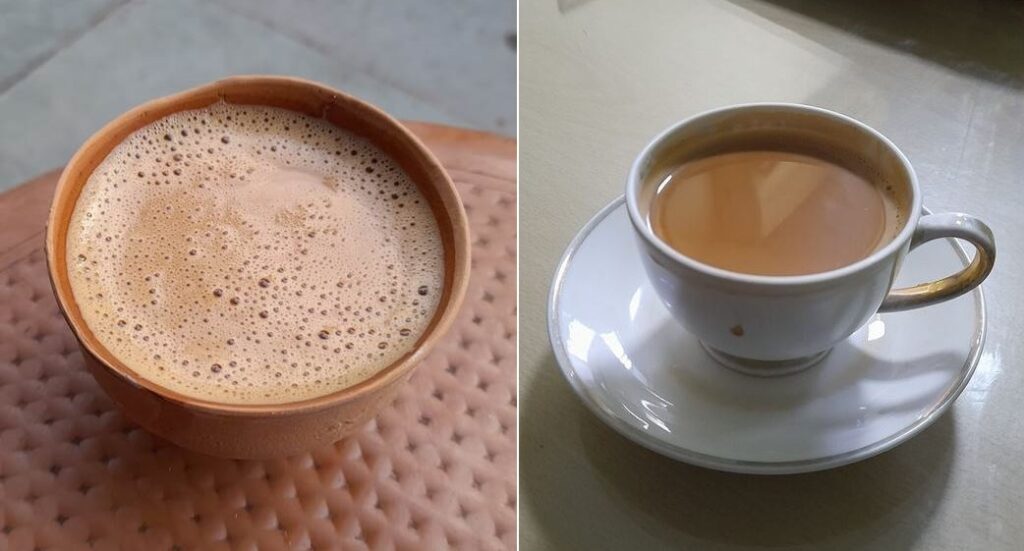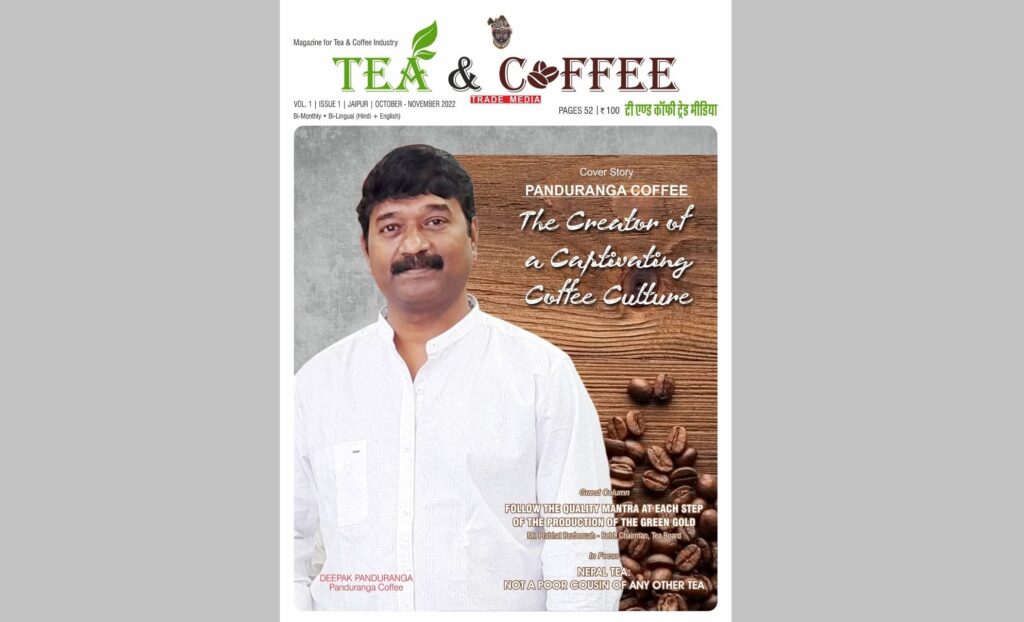Nepal Tea: Not a Poor Cousin of any other Tea

Contributed by – Mr. Madhusudan Murarka (Director – Antu Valley Tea)
Nepal tea has been loved and appreciated by millions of people across the world. The
Himalayan country has been producing a distinct class quality tea which is being enjoyed by tea
lovers across the world. Until 2017 not many people in Europe and the Americas were aware of
Nepal producing tea. The 2017 closure of the Darjeeling tea gardens due to the political strike
enhanced the prospects of Nepal tea in the global market scenario. The demand for Nepal tea
suddenly grew in the second half of 2017. Tea importers in western countries were asking for
Nepal teas. The tea exporters from India started fulfilling their importers’ demands by exporting
Nepal tea. Interestingly, much more quantity of Nepal tea is exported worldwide from India than
Nepal every year. This is because Nepal tea is blended with Darjeeling tea in India and
exported as Darjeeling tea.
Nepal Tea versus Darjeeling Tea
There are many similarities when one compares Nepal tea to Darjeeling tea. The majority of the
tea garden labourers and workers who work in Darjeeling tea plantations are of Nepalese origin.
The same applies to Nepal high grown tea gardens too. The geography, climatic conditions and
the style of working of the staff, food habits, and festivals are the same across tea gardens in
Darjeeling and Nepal. The green leaf planted in Darjeeling tea gardens though differs from the
green leaf planted in Nepal tea gardens. Darjeeling has more of the Chinese variety of green
leaf whereas Nepal has more of the clonal variety of green leaf.
In Nepal, there are primarily two types of teas which are produced. The first is the traditional
CTC variety of tea which is widely consumed in the Nepal domestic market and also major
quantity is exported mainly to India and CIS countries. The second variety of tea is the high-
grown high-quality orthodox tea which is most favoured in Europe. Germany, France and The
Czech republic are the largest buyers of the Orthodox varieties of teas from Nepal.
Tea Growers and Mini Factories
The Himalayan country currently produces almost all types of teas that are demanded by
modern-day tea retailers and tea drinkers. Many of the high-grown tea in Nepal is produced in
the modern small tea factories owned by the tea farmers themselves. Their small mini tea
factories are often located in the backyard of their own homes and the green leaf which goes
into making the speciality teas comes from their own small tea gardens. The end result is high-
quality organic speciality tea which fetches a good price that ultimately brings a smile to the
farmers’ faces. This model of tea production has been in China for a very long period. This
model helps the tea farmer to be self-dependent.
The Gorkha Tea: Favourite of Germany
But, currently, the Nepal tea industry faces the challenge of producing high-quality certified
organic teas. There are a lot of factories under certification but one factory which has truly made an achievement in organic Nepal tea production is Gorkha Tea from Fikkal. The stylish and
experienced young owner of Gorkha Tea – Udaya Chapagain or just Uday uncle, as he is
fondly called- is highly experienced in organic tea production. His entire harvest is the most
sought-after by Tee Gschwendner – the renowned tea retailer in Germany annually. The teas,
produced by his trusted tea curator Buddhibal Rai, are a morning favourite with tea drinkers in
Germany, especially around the Hamburg area. His tea is also dubbed as the light and bright
tea in Germany because of the sunrise colour and brisk taste that imparts to the Sunderpani
cuppa. Udaya Chapagain is truly one of the doyens of the organic Nepal tea industry and has
helped promote Nepal tea and the farmers to greater heights.
The large-sized tea factories play a significant role in the development of Nepal’s tea industry as
far as their exports to India are concerned. The large-sized orthodox tea factories in Nepal help
to lower the costs of orthodox tea in the Kolkata market by producing tea in bulk and thereby
achieving scalability.
Dominance of Nepal Orthodox Tea
Orthodox tea is important for the Indian market as the price of Darjeeling tea is always
significantly higher due to its high production costs. Antu Valley tea (ITPPL) is one such
orthodox tea brand in Nepal which produces about a million kilos annually through its three
manufacturing units in the Himalayas of Nepal. They are one of the oldest known tea brands
marketing Nepal orthodox tea in the Indian and overseas markets and are preferred by tea
drinkers especially in West Bengal in India and Germany in Western Europe. Antu Valley Teas
recently celebrated their Silver Jubilee. The event marked the opening and production of tea by
purchasing green leaves from small farmers out of their first unit in the Antu Village of the Ilam
district in Nepal. In the words of Ashok Murarka – the founder of Antu Valley Teas – “Tea
farmers are just like my own family members and I have my own small responsibility to help
them achieve their dreams and make it big for them too.” He also agrees with the fact that it is
the sweat and toil of the hard-working Nepali tea farmers that has led to Nepal tea becoming
popular worldwide.
Kolkata in India and other small towns in West Bengal are the biggest and only markets for
Nepal orthodox tea. Even for Darjeeling tea, the largest market domestically would undoubtedly
be West Bengal. This is because Darjeeling tea was largely available to the public since the
British era. The people in West Bengal have been used to drinking Darjeeling tea and Nepal
orthodox tea because of their unique flavour and taste. The number in other states of India is
almost nil because of very less awareness of quality high-grown teas. Tea drinkers in other
states of India love their CTC teas as much as tea drinkers in West Bengal prefer their high-
grown Darjeeling cup or Nepal Orthodox.
(PS: Tea & Coffee Trade Media is not responsible for any claims made by any of the authors.)
To Subscribe your copy of Tea & Coffee Trade Media (Paper Back Format), Call +91 9549404000
Recent Posts
- Tea & Coffee Trade Media releases its First Issue
- World of Coffee from Chikmagalur aims to make every Indian a coffee lover
- Follow the Quality Mantra at each step of the Production of the Green Gold- Prabhat Bezboruah
- Coffee: Craze, Culture, and Competition
- Tea Consumption: Becoming Young India’s Favourite too !
Recent Comments

World of Coffee from Chikmagalur aims to make every Indian a coffee lover

Follow the Quality Mantra at each step of the Production of the Green Gold- Prabhat Bezboruah

Coffee: Craze, Culture, and Competition

Tea Consumption: Becoming Young India’s Favourite too !

Tea & Coffee Trade Media releases its First Issue

World of Coffee from Chikmagalur aims to make every Indian a coffee lover

Follow the Quality Mantra at each step of the Production of the Green Gold- Prabhat Bezboruah

